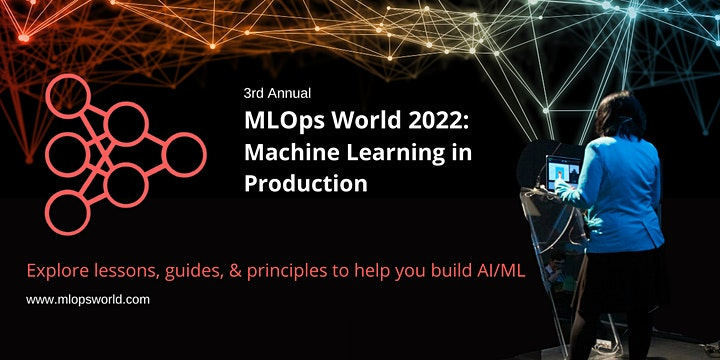❓❗️Microsoft’s Causal Inference Just Got Better with PyWhy
Weekly news digest curated by the industry insiders
📝 Editorial
Causal inference is one of the classic scenarios in data science and one that is not particularly well covered in machine learning (ML) frameworks. While most ML methods focus on predicting a specific outcome, causal inference focuses on understanding the cause-effect relationships in a given environment. The bible of causal inference is The Book of Why, published a few years ago by Turing Award winner Judea Pearl. Inspired by Pearl’s book, Microsoft Research open-sourced a library called DoWhy, which quickly became one of the most popular frameworks for causal inference, with dozens of data scientists actively contributing to it. This week, Microsoft Research unveiled the next phase of DoWhy. An exciting one!
As part of a new release, DoWhy is migrating to a new open GitHub organization called PyWhy, planning to incubate several projects in the causal inference domain. Even more exciting is the fact that, with PyWhy, Microsoft Research brought along Amazon Web Services (AWS), which has a long history of being one of the top houses for causal inference models. AWS immediately contributed a series of algorithms to DoWhy based on Judea Pearl’s graphical causal models (GCMs), which are able to visually model causal relationships between variables in an inference system. The launch of PyWhy and the Microsoft-Amazon research partnership is likely to give the causal inference space a most required boost.
🔺🔻TheSequence Scope – our Sunday edition with the industry’s development overview – is free. To receive high-quality content about the most relevant developments in the ML world every Tuesday and Thursday, please subscribe to TheSequence Edge 🔺🔻
🗓 Next week in TheSequence Edge:
Edge#197: we overview the types of graph learning tasks; dive into the original GNN paper; explore Deep Graph Library, a framework for implementing GNNs.
Edge#198: we observe Neptune.ai, a flexible and expressive experiment tracking and model registry platform.
Now, let’s review the most important developments in the AI industry this week
🔎 ML Research
Imagen
Google Research published a paper detailing Imagen, their alternative to OpenAI’s DALL-E 2 that can generate photorealistic images based on textual descriptions. It’s stunning →read more on the project website
RescoreBERT
Amazon Research published a paper proposing a technique that uses BERT to rescore speech recognition models →read more on Amazon Research blog
ALPRO
Salesforce Research published a paper detailing ALign and PROmpt (ALPRO), a new pretraining method for video and language tasks →read more on Salesforce blog
🤖 Cool AI Tech Releases
PyWhy
DoWhy, Microsoft Research's popular causal inference library is now part of PyWhy, a new GitHub organization created by Microsoft and Amazon Web Services →read more on Microsoft Research blog
AWS PyWhy Models
AWS contributed a series of graphic causal algorithms to the newly formed PyWhy organization →read more on AWS Research blog
Merlion
Salesforce Research open-sourced Merlion, a library for time-series predictions →read more on Salesforce Research blog
📌 Event: June 9-10th, 3rd Annual MLOPs World 2022
The MLOps World Committee would like to invite you this June 9-10th for a must-attend event and an unforgettable experience in Toronto, Canada!
For anyone building towards or looking to sustain models in production, this is a must-attend event!
🛠 Real World ML
Airflow at Shopify
The Shopify team details the architecture used to run Airflow jobs at scale →read more on Shopify blog
💸 Money in AI
ML&AI&Data
In-stream observability platform Coralogix raised a $142 million Series D funding round co-led by Advent International and Brighton Park Capital. Hiring across the globe.
AI chip maker Rebellions raised a $50 million Series A led by Temasek’s Pavilion Capital. Hiring in Seoul/South Korea.
NLP-as-a-service startup One AI raised $8 million in seed funding from leading angel investors and VCs. Hiring remote.
ML tech startup Strong Compute raised a $7.8 million seed round. Hiring in Syndey/Australia and remote.
AI-powered
Cybersecurity startup Ordr raised $40 million in a Series C funding round co-led by Battery Ventures and Ten Eleven Ventures. Hiring in Santa Clara, CA/US.
Contextual intelligence startup Reco emerged from stealth with a $30 million Series A round led by Zeev Ventures and Insight Partners. Hiring in Israel and the US.
Continuos documentation platform Mintlify raised $2.8 million in a seed round led by Bain Capital Venture.

